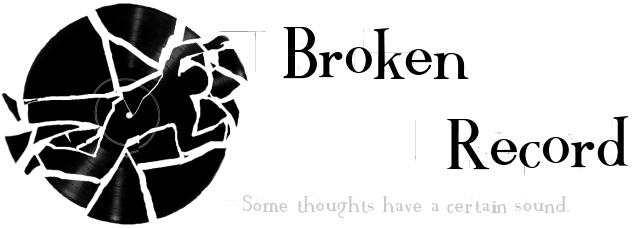Compared to last year's debacle involving movie scores being denied consideration for an Academy Award nomination, this year's list looks positively dull. However there are some quiet acheivers amongst the potentials. While the inimitable John Williams is competing against himself with both The Adventures of Tintin and War Horse vying for a gong, the real standout efforts are coming from relative international minnows in the film score pond.
Although Alberto Iglesias has been composing music for over 30 years, it is only relatively recently that his work has gained such a global audience. Sex and Lucia obviously garnered him with some attention, but it was The Constant Gardener which really brought his music to Western audiences. Fitting, then, that Iglesias should once again take the helm of composing the audio landscape to a book by John le Carré. With the score to Tinker Tailor Soldier Spy, Iglesias has captured the same bleak and desolate atmosphere that he created for Gardener. While the action in Tinker Tailor is much more sparse compared to its predecessor, the tension Iglesias has created with the music is even more heightened. It not only accompanies but emphasises the tension that is rife throughout the complicated plot of the film.
It is surely more deserving of an Oscar than something like War Horse, which sees Williams at his gushiest, and indeed laziest. He has followed the textbook (admittedly written by him in the first place), letter for letter, and has come up with a score that predictably swells and sighs its way into teenage girls' hearts. The only thing more emotionally engorged than the score is Steven Spielberg's own direction, but he hasn't been nominated for direction, so that point is moot.
While Ludovic Bource's score for The Artist is a quiet masterpiece, and arguably more important to its respective film than Iglesias's due to the fact it is one of the only things actually heard throughout the film, the impact Iglesias's work has on Tinker Tailor makes it a superior product. I have yet to see Hugo, and so Howard Shore might have outdone is outstanding work on the Lord of the Rings trilogy, but he will undoubtedly we lavished with yet more Oscars when The Hobbit films are released. Now therefore is the time for the for the already twice nominated Iglesias to be recognised for his work.











